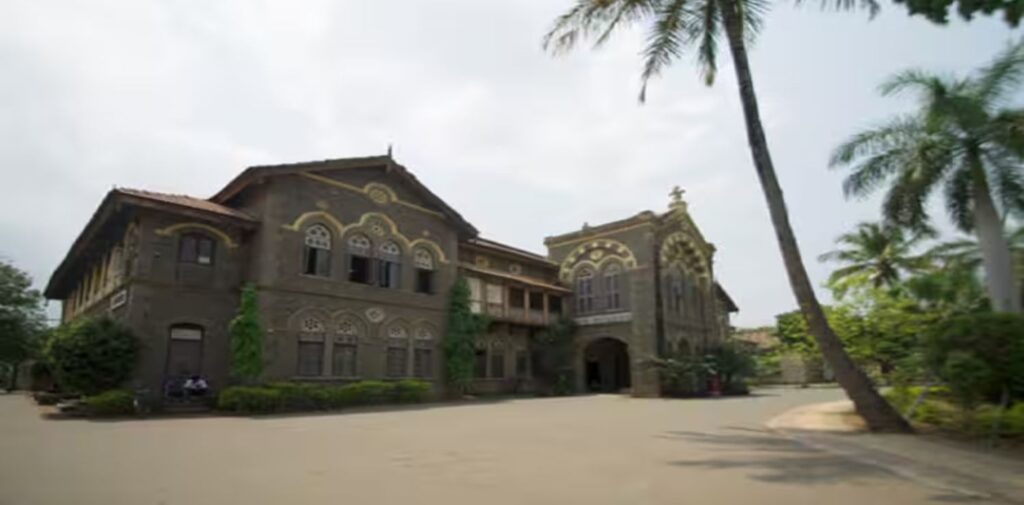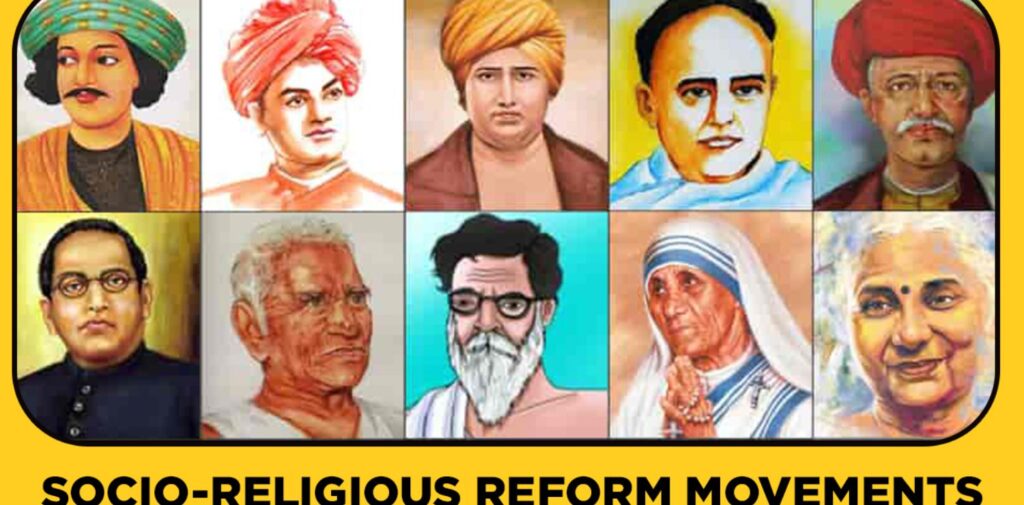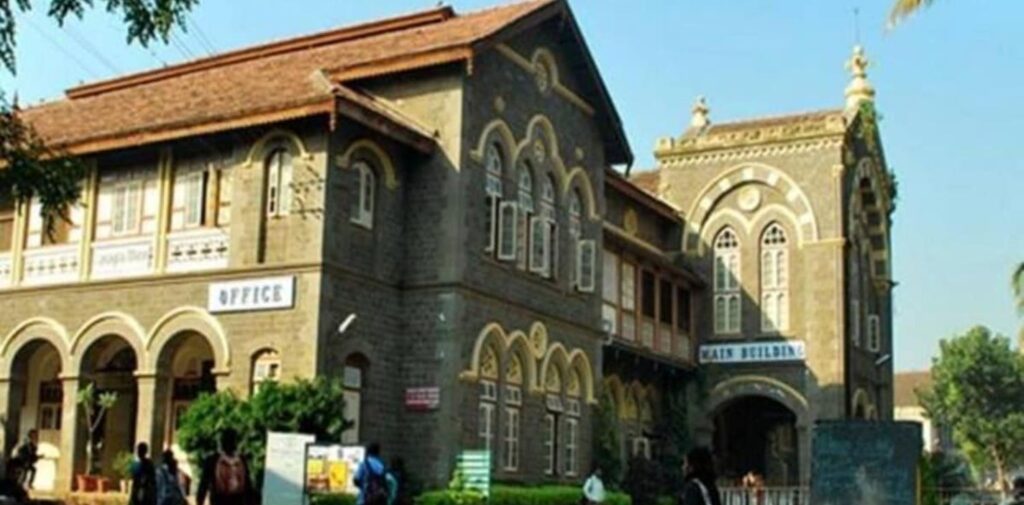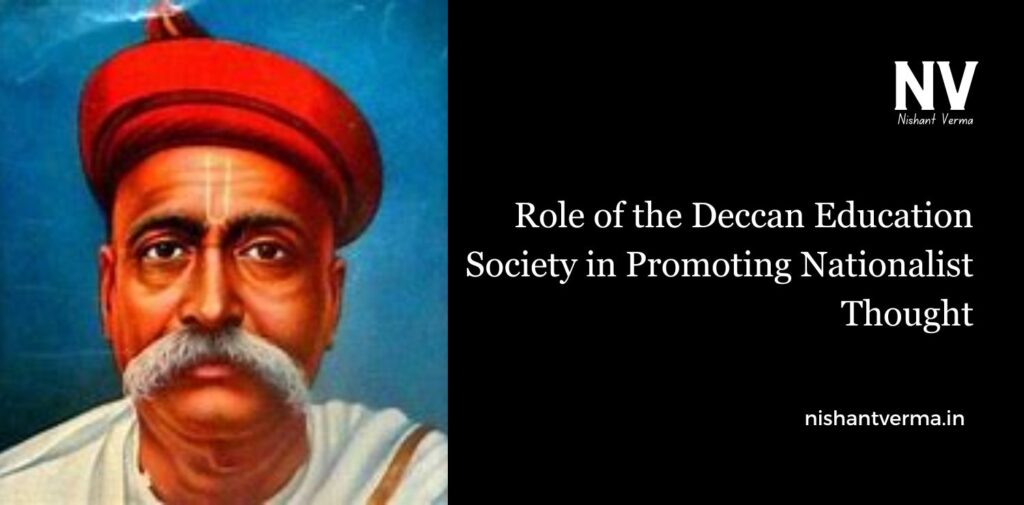India’s struggle for freedom was not only fought on the streets but also through education, ideas, and the awakening of national pride. One of the key institutions that played a significant role in promoting nationalist thoughts during British rule was the Deccan Education Society (DES). Established in 1884, the Deccan Education Society became an important centre for educating young Indians and spreading the ideas of Indian nationalism, self-reliance, and freedom.
In this article, we will learn about the role of the Deccan Education Society in shaping the minds of future leaders of India and how it contributed to the movement for India’s independence.
What Was the Deccan Education Society?
The Deccan Education Society was founded by a group of social reformers, educators, and nationalists in Pune, Maharashtra, in 1884. Some of the key founders of the society were M.G. Ranade, Vishnu Shastri Chiplunkar, Laxman Shastri Joshi, and Bal Gangadhar Tilak. They were deeply concerned about the state of education in India under British rule. The British education system in India focused on teaching subjects that served the interests of the British government and did not help Indians understand their own culture, history, or ideas of freedom.
The aim of the Deccan Education Society was to provide an education that would help Indian students become aware of their heritage and contribute to the development of the nation. The society wanted to teach young people the importance of nationalism and self-respect so that they could play an active role in India’s fight for freedom.

How Did the Deccan Education Society Promote Nationalist Ideas?
The Deccan Education Society believed that education was one of the most important tools for spreading nationalist ideas. They wanted to create a generation of young Indians who were proud of their country and were aware of the problems caused by British colonial rule. The society did this in several ways.
Creation of Schools and Colleges
The Deccan Education Society set up schools and colleges that focused on imparting knowledge about Indian history, culture, and values. The most famous institution set up by the society was the Fergusson College in Pune, which became a centre for nationalist thought and social reform. Many of the early leaders of the Indian freedom movement studied here, and it became a hub for young people interested in the country’s independence.
In these schools and colleges, the students were encouraged to think critically about the British government and understand the importance of self-rule. They were taught about the rich history of India, which had been ignored in the British education system. This helped young Indians develop a sense of pride in their own country and made them more determined to fight for its freedom.
Promoting the Idea of Swadeshi (Self-Reliance)
One of the core ideas promoted by the Deccan Education Society was Swadeshi or self-reliance. The British had controlled India’s economy, making it dependent on British goods and resources. The society believed that the key to India’s freedom was to become self-reliant in every way, especially in terms of education, business, and politics.
The Deccan Education Society taught students to value their own culture, language, and products. They emphasized the importance of using Indian goods instead of British goods. This idea of Swadeshi was later taken up by leaders like Mahatma Gandhi, who launched the famous Swadeshi Movement in the early 20th century.

Encouraging Social Reform and Nationalist Thinking
Apart from focusing on education, the Deccan Education Society also encouraged students to be socially aware and actively involved in making India a better place. The society promoted the idea of social reform and the need to fight against social evils like untouchability, child marriage, and the mistreatment of women. They believed that social progress was important for the overall development of the nation.
Many members of the Deccan Education Society were involved in reforming society, and they encouraged their students to do the same. This was a way to make sure that the students not only thought about political freedom but also worked towards a more just and equal society.
Influence of Bal Gangadhar Tilak
One of the most important figures associated with the Deccan Education Society was Bal Gangadhar Tilak. Tilak was a leading nationalist leader who believed that Indians needed to fight for their rights and self-rule. He became a major influence on the society’s teachings.
Tilak’s famous slogan “Swaraj is my birthright” inspired many students of the Deccan Education Society to believe that freedom was not something that the British would give willingly. Instead, it was something that Indians had to demand and fight for. Tilak also emphasized the importance of self-reliance and national unity, ideas that became central to the work of the society.
Encouraging Patriotism Through Cultural Activities
The Deccan Education Society also played an important role in promoting patriotism among young Indians. They organized events, lectures, and cultural programs that celebrated India’s rich history and culture. This helped to strengthen the student’s connection to their country and encouraged them to be proud of their heritage.
During this time, several important events were held at the Deccan Education Society institutions, such as the celebration of national festivals, lectures on the history of India, and discussions about freedom and independence. These events helped to spread the ideas of nationalism and inspired the younger generation to take part in the larger struggle for freedom.

Impact of the Deccan Education Society
The Deccan Education Society made a huge impact on India’s nationalist movement. The ideas promoted by the society had a lasting effect on many young Indians who later became important leaders in the freedom movement. Here are a few ways in which the society made a difference:
Educating Future Leaders
Many prominent leaders of the Indian freedom struggle, including Lala Lajpat Rai, Vinayak Damodar Savarkar, and Gopal Krishna Gokhale, were either educated at institutions run by the Deccan Education Society or were influenced by its teachings. These leaders later became key figures in the fight for independence and helped spread the ideas of nationalism throughout India.
Spreading the Idea of Self-Rule
The Deccan Education Society played a major role in spreading the idea of Swaraj (self-rule) in India. The students who were taught at these institutions went on to become leaders who pushed for greater self-governance and eventually full independence from British rule.
Promoting Indian Culture and History
The society also played a key role in reawakening interest in India’s rich culture and history. By teaching students about the greatness of India’s past, they helped build a sense of national pride. This focus on cultural education was essential in strengthening the Indian identity and opposing the British idea that India’s culture was inferior.
Inspiring Future Movements
The Deccan Education Society’s emphasis on nationalism and self-reliance influenced future movements in India. For example, the Non-Cooperation Movement led by Mahatma Gandhi in the 1920s was deeply inspired by the teachings of the Deccan Education Society. The idea of Swadeshi and the fight for self-rule became key parts of the larger nationalist movement.
Conclusion
The Deccan Education Society played a crucial role in promoting nationalist thought in India during British rule. By providing an education that emphasized self-reliance, cultural pride, and social reform, the society helped shape the future of the nation. It inspired many young Indians to join the struggle for independence and to fight for a free, just, and equal India.
The legacy of the Deccan Education Society continues to live on through the leaders it educated, the ideas it spread, and the contributions it made to India’s journey toward freedom. Society remains an important symbol of how education can inspire change and bring about a better future for a nation.




